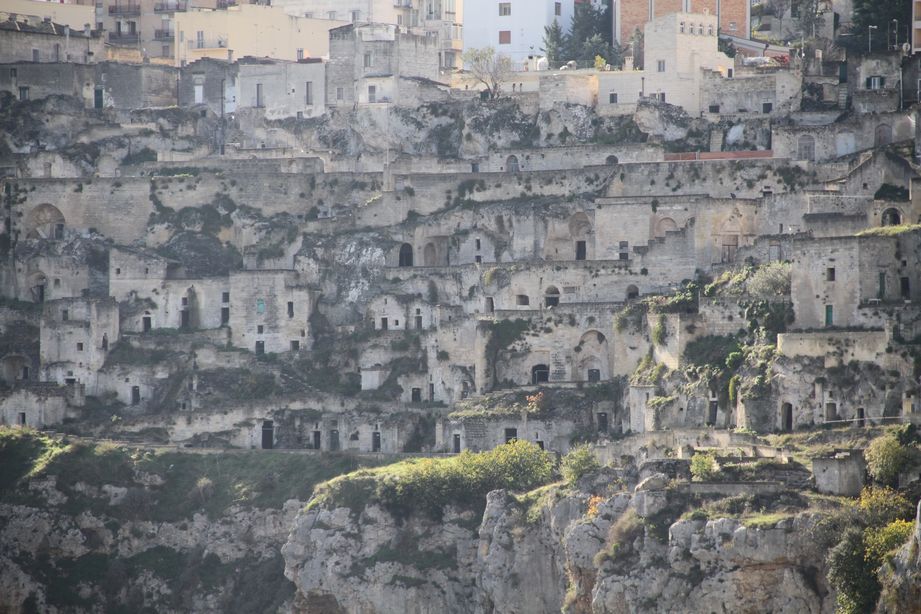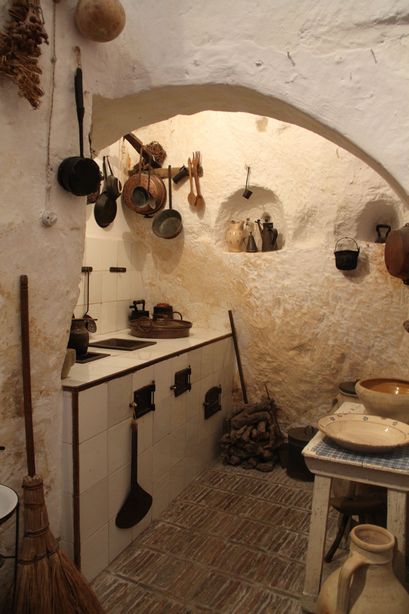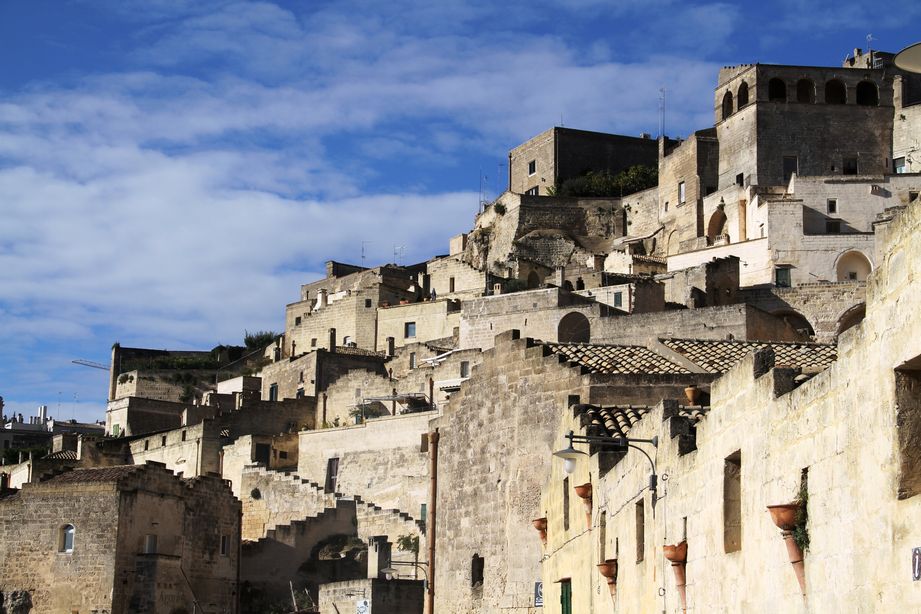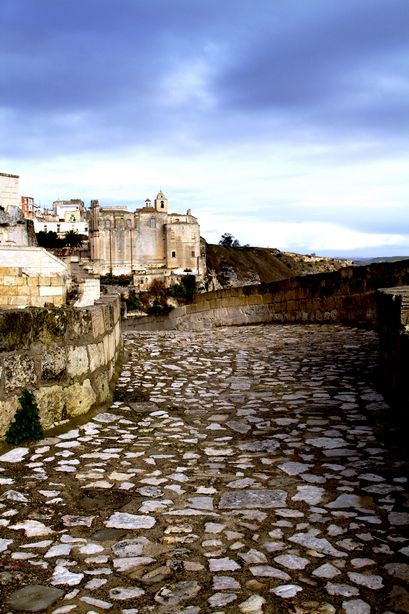Matera is one of the most extensive and ancient cave cities in the world. Matera is the first southern city to earn the seal of UNESCO world heritage site, back in 1993, and a finalist against five other Italian cities for the title of European Capital of Culture in 2019. While enjoying a trip in southern Italy, discover Matera, one of the Italy Unesco heritages !

Matera is also known as the city of the Sassi because of the peculiarity and uniqueness of its historical center, situated on a rocky outcrop called the “Civita”, along with the Cathedral and several palaces. The center is surrounded by two ancient districts: the northern Sasso Barisano, rich in carved and decorated neighbourhoods, and the southern Caveoso, arranged like a Roman amphitheater with cave dwellings carved into the rock that slope down like giant steps. Some of these dwellings have been inhabited since prehistoric times.

Matera looks like a gigantic stone nativity scene, which over time has fascinated writers such as Carlo Levi, who described it in his book “Christ Stopped at Eboli”. Artists and directors are also complicit in the rediscovery of the abandoned Sassi in the 50s, such as Pier Paolo Pasolini who used it as the setting for the film “the Gospel according to Matthew”, or Mel Gibson who adopted the set for the filming of “the Passion of the Christ.” Today, film tourism is one of the many attractions of the city.

In the 50s, living here was considered shameful however today there are hotels, craft shops, an auditorium, housing and many Sassi are once again inhabited, some of them by foreigners looking for serenity, inspiration and creativity. Since then there has been a return to traditional crafts as well as the implementation of local initiatives, such as the “Women’s Fiction Festival”, an event dedicated to women’s literature and the first of its kind in Europe. Writers come here from various parts of the world to meet editors and literary agents. During this event, books are presented in schools, in the streets and among the people, turning Matera into the capital of women’s literature.

Also worth a visit are the Baroque churches and monasteries, museums, and numerous cave churches carved out by monks over the centuries. There are more than 150 of them scattered in and around the city, such as the one along the ancient Via Appia, called “The Crypt of the Original Sin”. Discovered in the 60s, the crypt contains ninth century frescoes that earned it its alternate name of “Sistine Chapel of rock art”.


